
Despite what many might think, colic is in itself not actually a diagnosis but rather a symptom of one of many health conditions a horse might encounter. The word itself only means "abdominal pain" and this pain, and the behaviors your horse may exhibit because of it, will often be the first sign you recognize that your horse is in trouble.
These are a few signs that your horse may be experiencing abdominal pain:
- Rolling
- Lying down
- Attempting to kick at the abdomen
- Pawing the ground or generally appearing agitated
- Repeatedly standing up and lying down
- Trying to stretch itself out
Without the help of a veterinarian, it may be very difficult to ascertain just what is causing your horse's abdominal pain. There are certainly types of colic that do not require veterinary attention, but if your horse appears to be in great pain (a horse will usually act violently if in great pain) then it is likely time to call the veterinarian.
Your veterinarian will ask for certain information to speed up the treatment. You may be asked to take your horse's temperature or to monitor her breathing and heart rate. The veterinarian may also ask about your horse's appetite and fluid intake, if she has been given any medications, or if she has eaten anything out of the ordinary. You will also be told to remove all food from the horse's reach, and this may include her bedding if she tries to eat that.
When the veterinarian arrives he or she will attempt to treat the horse and figure out just what is causing the colic. There is a long list of potential causes, but some are more common than others:
- A large number of worms such as tapeworms or roundworms may be obstructing the intestines.
- Ulcers may cause pain, and horses either fed infrequently or given concentrated foods are more susceptible.
- Enteroliths are foreign bodies such as sand that form an obstruction in the bowels.
- Food might also become impacted in the bowel, causing an obstruction.
- Certain foodstuffs could also be to blame. Moldy foodstuffs for example are commonly the cause of a gas colic, wherein a large volume of gas builds up in the intestines.
Fortunately there are a number of measures you can take to help prevent colic in your horse. Clean drinking water and a clean feed surface are essential for keeping unwanted objects from being ingested. You might also consider elevating your horses feed, also to keep sand, dirt, and gravel from accidentally being eaten.
Caring for your horse's teeth will also prove beneficial as well as deworming your animal regularly to make sure a buildup of worms does not occur. It is a good idea to draw up a schedule of regular care involving dental care, deworming, checkups, and regular feeding. Horses that are fed irregularly are at a higher risk of colic.
Many veterinarians will recommend regular turnout for your horse, as some studies have shown that extensive grazing time will reduce the incidence of colic dramatically. The logic behind this idea is that horses, in their natural setting, will graze for around eighteen hours each day. Reasonably, colic in wild horses is much more infrequent occurrence, as this would have been selected against evolutionarily.
Do you know that the first horse was called Hyracotherium? It lived about 50 million years ago and was only as tall as a fox. To learn more about horses, including horse health and training & horse supplies, visit us at PetCustomer.com.
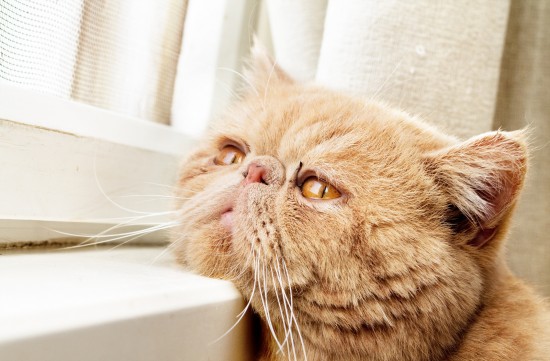 Common Emergencies You May Have To Deal With In An Older Cat
Common Emergencie
Common Emergencies You May Have To Deal With In An Older Cat
Common Emergencie
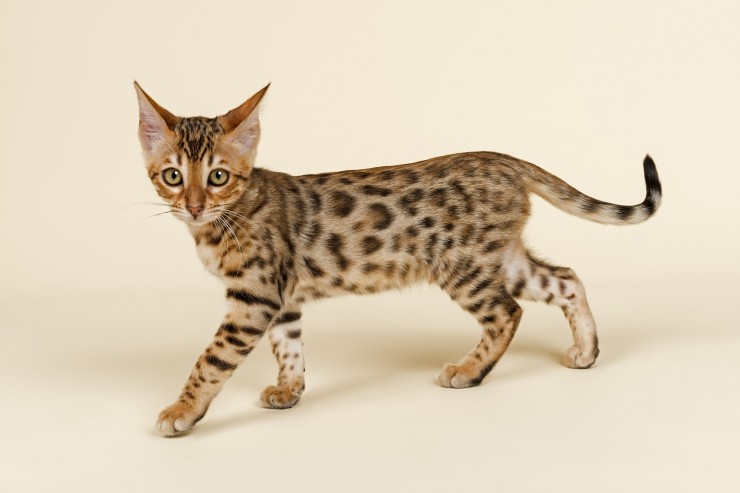 The Five Most Expensive Cat Breeds In The World
The Five Most Exp
The Five Most Expensive Cat Breeds In The World
The Five Most Exp
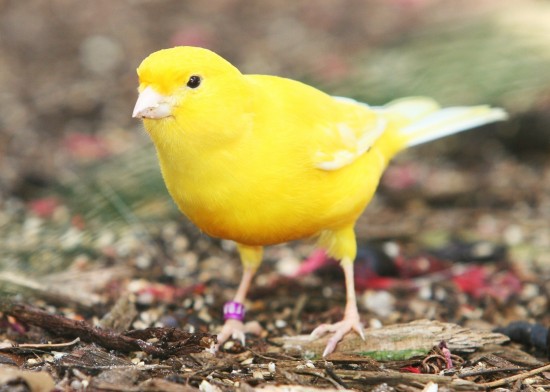 All About The Canary
All About The Can
All About The Canary
All About The Can
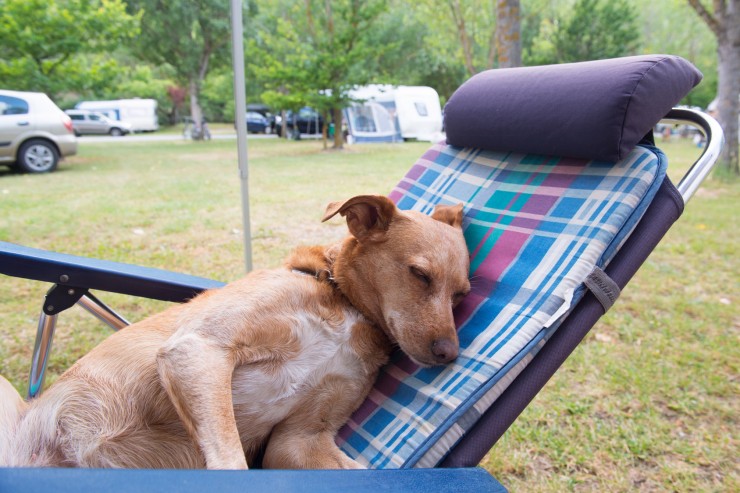 How To Plan A Holiday In The Uk With Your Dog In Tow
How To Plan A Hol
How To Plan A Holiday In The Uk With Your Dog In Tow
How To Plan A Hol
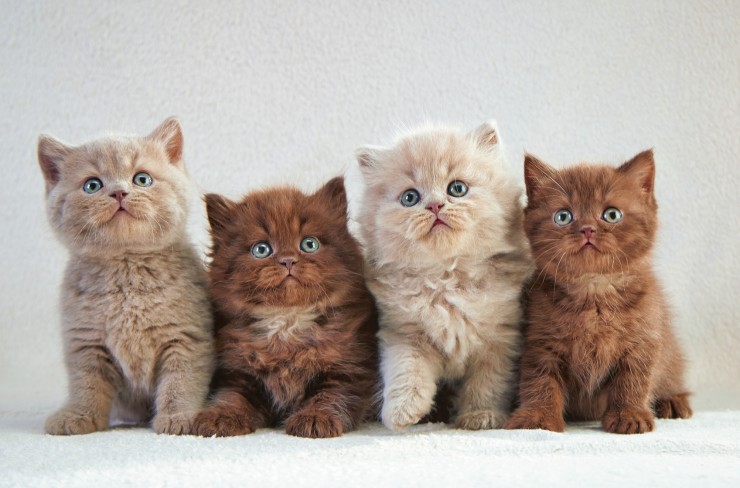 Six Health Essentials That You Should Monitor In Your Kittens First Few Weeks Of Life
Six Health Essent
Six Health Essentials That You Should Monitor In Your Kittens First Few Weeks Of Life
Six Health Essent
Copyright © 2005-2016 Pet Information All Rights Reserved
Contact us: www162date@outlook.com